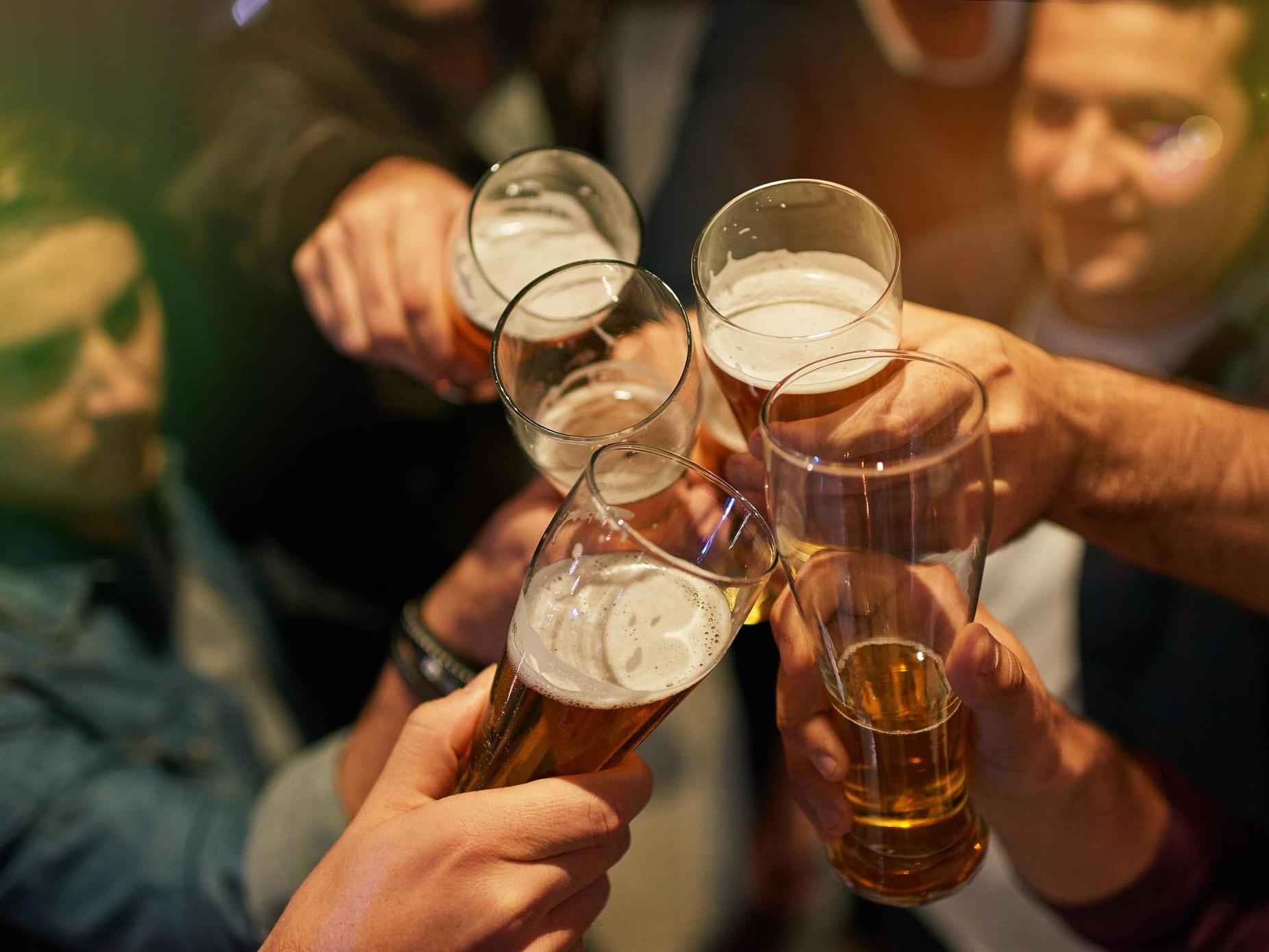Toxic masculinity leaves most young men feeling pressured to ‘man up’
55 per cent said crying in front of others would make them feel like less of a man

More than half (61 per cent) of Britain’s young men feel pressured to “man up” as a result of damaging gender stereotypes, new research from YouGov reveals.
According to the findings, 67 per cent of 18-24 year olds felt compelled to display “hyper-masculine” behaviour in tough situations and 55 per cent said crying in front of others would make them feel like less of a man.
The survey, named Future Men, sheds light on the prevalence of archaic attitudes towards male identity and also revealed that very few people associate masculinity with positive traits.
For example, just one per cent of the 2,058 adults surveyed associated the term with honesty and only three per cent associated it with kindness.
One of the most dated stereotypes surrounding men and women is that the latter are more emotional while the former are stoic - but even this was found to be a prevalent attitude among those surveyed, with 53 per cent of young men saying they feel like society expects them to never ask for emotional support.
“To be masculine is often associated with being boorish, aggressive, inconsiderate and sometimes violent," says Christopher Muwanguzi, CEO of Working With Men, the charity who commissioned the survey for International Men’s Day.
Muwanguzi tells The Independent that these links are instilled from a young age.
"We see it as early as the toddler years, when a boy who falls down, is told not to cry and to be a “man” versus the girl that is comforted.”
He went on to explain how important it is to tackle these attitudes if we’re to address some of the worrying statistics surrounding men, such as suicide being the biggest killer of men under 45.
“Men are often expected to man up when faced with challenges, even when tackling serious mental health issues or complex problems. This means that many of them will not ask for help early enough, reinforcing the tradition of men asking for help when it’s often too late.”
He added that a call to action is needed now from than ever, particularly one year on from #MeToo, the global movement encouraging victims of sexual assault and harassment to speak out.
“By helping young men and boys understand that they don’t have to conform to archaic aggressive stereotypes of masculinity, we hope to reduce antisocial behaviour, mental health struggles, suicides, gender-based crime and domestic violence.”
Subscribe to Independent Premium to bookmark this article
Want to bookmark your favourite articles and stories to read or reference later? Start your Independent Premium subscription today.

Join our commenting forum
Join thought-provoking conversations, follow other Independent readers and see their replies